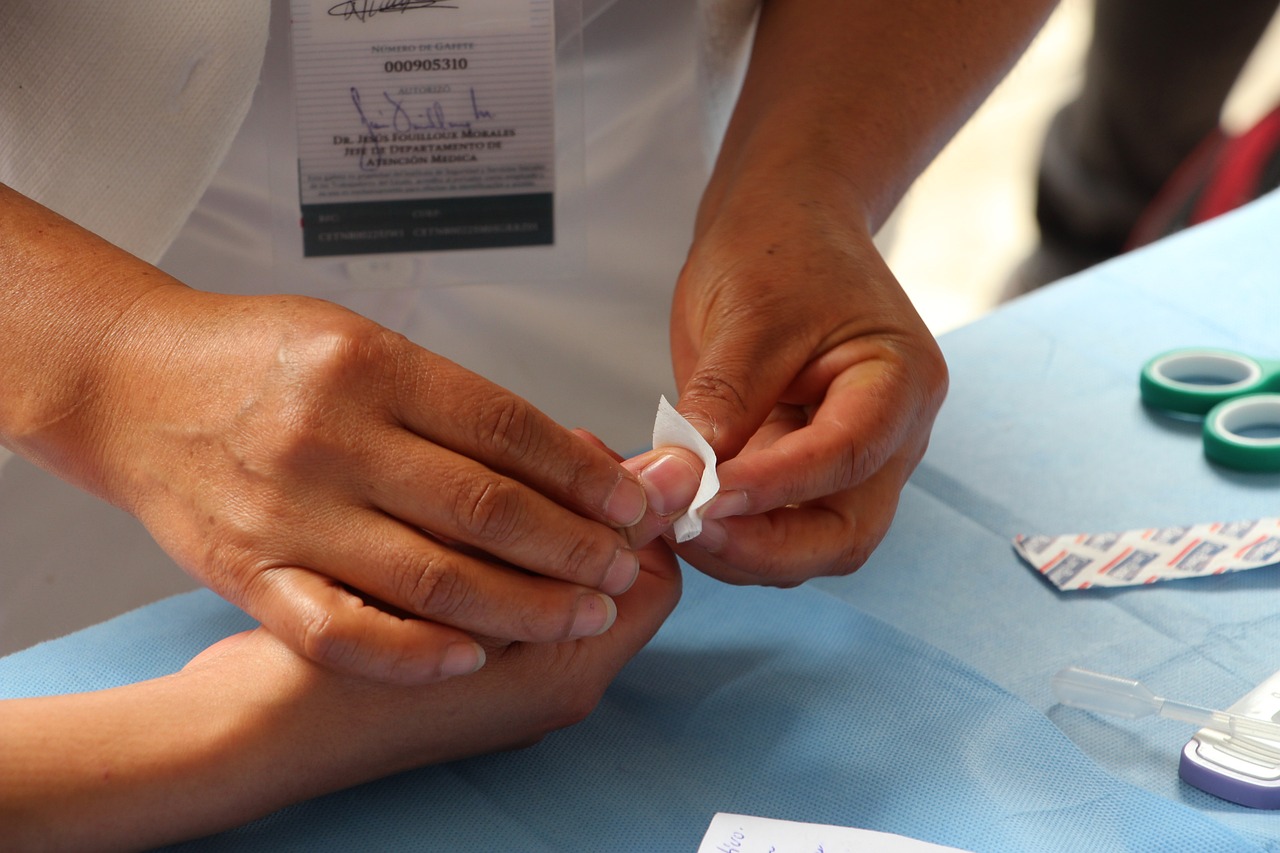Much like other positions in healthcare, emergency response, and other essential services, nursing consistently ranks among the most admired and trusted professions in the country. The reasons are fairly straightforward — These professionals play a vital role in patient care by helping individuals navigate health challenges and recover from illness. Nurses handle major crises and ultimately help people live healthier lives.
With competitive pay, job stability and meaningful work, many are drawn to this essential career. Nursing is considered a highly skilled job and typically has pay commensurate with that skill. The Bureau of Labor Statistics puts the national average salary for licensed nurses at approximately $86,000 a year, varying with experience level, location and other factors. However, there is an ongoing nurse shortage that is projected to reach double-digit percentages in some states, which means demand for nurses will only increase. Because of this, employment in the field is projected to grow 6% over the next decade. This presents a timely opportunity for the next class of nurses to enter the field and make an impact.
Much like other professions in the medical field, ‘nursing’ is a fairly broad discipline, with many different certifications, categories, and specializations. If you’re interested in exploring a career in nursing or you’re already in the field and are looking to take the next step, understanding the most common types of nursing jobs can help you chart your path forward. Here’s a basic overview of the kinds of nursing jobs to help you discover which appeals to you most and aligns with your goals.
Certified Nursing Assistant (CNA)
CNAs can provide basic care for patients in hospitals, nursing homes and residential settings. This position typically requires a basic training program followed by a state-administered competency examination. These programs can be taken at educational institutions or healthcare organizations. After completing a state-approved training program and passing a competency exam, CNAs are typically involved in hands-on patient care, assisting patients with tasks like moving, eating, and bathing.
Licensed Practical Nurse (LPN)
A step up from CNA, LPNs are required to go through a more intensive training and a nationally standardized exam. Their additional training and vetting mean they interact with more sophisticated forms of care, such as administering medicines, patient prep, the cleaning, sterilization, and preparation of medical instruments, in addition to the tasks performed by CNAs. LPNs also have more direct interaction and supervision from licensed professionals, which gives them additional learning opportunities and the chance to ask questions of doctors, nurses, and specialists.
Licensed Registered Nurses
Nurses who go through nursing school and obtain a nursing license are typically referred to as registered nurses, or RNs. Registered nurses (RNs) hold an associate or bachelor’s degree in nursing and have passed the NCLEX-RN exam. RNs can work in a wide variety of healthcare settings and pursue numerous specialties based on their interests and additional training. There are many different specializations they can work in, but here are some of the most common:
Nurse Practitioner (NP)
NPs hold advanced degrees, such as a Master of Science in Nursing (MSN) program or higher, and often serve as primary care providers. From a patient’s perspective, a nurse practitioner, or NP, is something between a nurse and a doctor. They always have obtained an advanced degree in medicine, and are therefore allowed to take part in more advanced forms of patient care. They can diagnose patients, prescribe medicine, write referrals, and other specialized services. NPs may work independently or with doctors in clinics, hospitals, or other healthcare settings.
Travel Nurse
An increasingly popular form of nursing, these nurses accept temporary assignments in different cities or states, often filling staffing gaps in high-demand areas. moving around, working for short periods of time at different facilities, in different cities, and different states. A unique lifestyle choice, it offers a wealth of experience both inside and outside of work. This career path offers flexibility, competitive pay and exposure to a variety of healthcare environments—ideal for those seeking adventure and variety in their work.
Home Care Nurse
This role allows for close, ongoing relationships with patients and the opportunity to work independently. These nurses provide care to patients at home, which is typically utilized by people who are:
- Recovering from surgery
- Elderly and may not be able to care for themselves
- Suffering from traumatic health issues, but do not need to be under the constant care of a hospital stay
Emergency Room (ER) Nurse
ER and intensive care nurses specialize in caring for those in the midst of a medical crisis or severe health issue. A high-pressure medical job, they are expected to act and react quickly in order to stabilize patients, assess their state, and work with a doctor to triage care. This role requires strong critical thinking and communication skills.
Start Your Nursing Career at Columbia Southern University
If you’re interested in enrolling in a nursing degree program, consider our College of Nursing and Health Sciences. At CSU, our degree programs are designed by nurses for nurses. Our courses are delivered entirely online, providing flexibility for working nurses. Students can access course materials and participate in discussions asynchronously, with optional opportunities for synchronous engagement with faculty and peers. Our online format allows students from around the world to access the program, balancing their studies with work and personal responsibilities.
Multiple factors, including prior experience, geography and degree field, affect career outcomes. CSU does not guarantee a job, promotion, salary increase, eligibility for a position, or other career growth.
Columbia Southern University’s nursing programs are currently seeking authorization from the Boards of Nursing in the District of Columbia, Utah and Washington. Currently, CSU is unable to admit students residing in these states/territories until formal approval is granted but is actively working to secure the necessary authorization.
Applicants must reside and be licensed in the states/territories where Columbia Southern University has the necessary authorization throughout the duration of the program. Students are required to complete all experiential learning experiences only in the states/territories where they hold a valid nursing license, and only in the states where CSU has the necessary authorization.
For more information, email Admissions@ColumbiaSouthern.edu.





